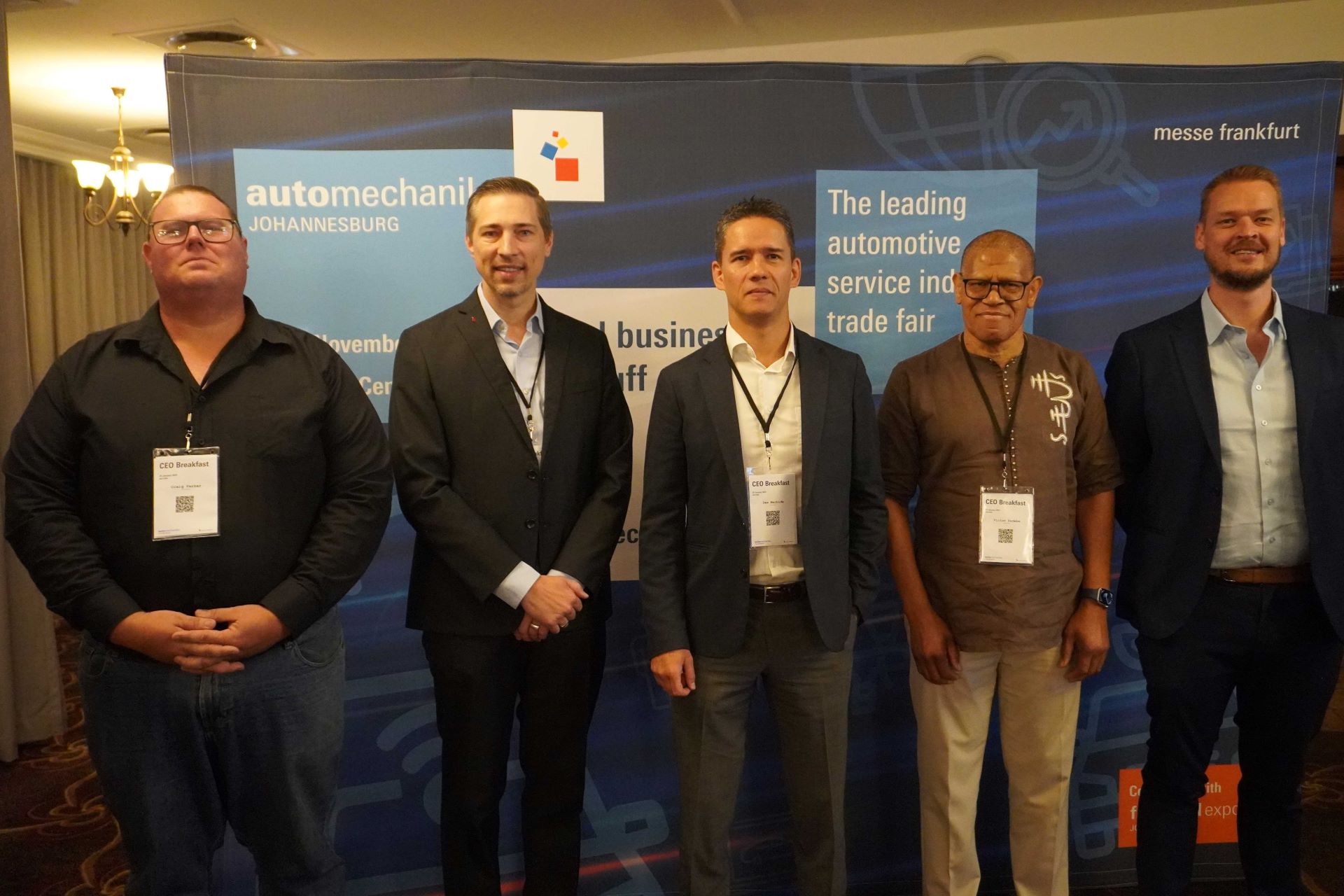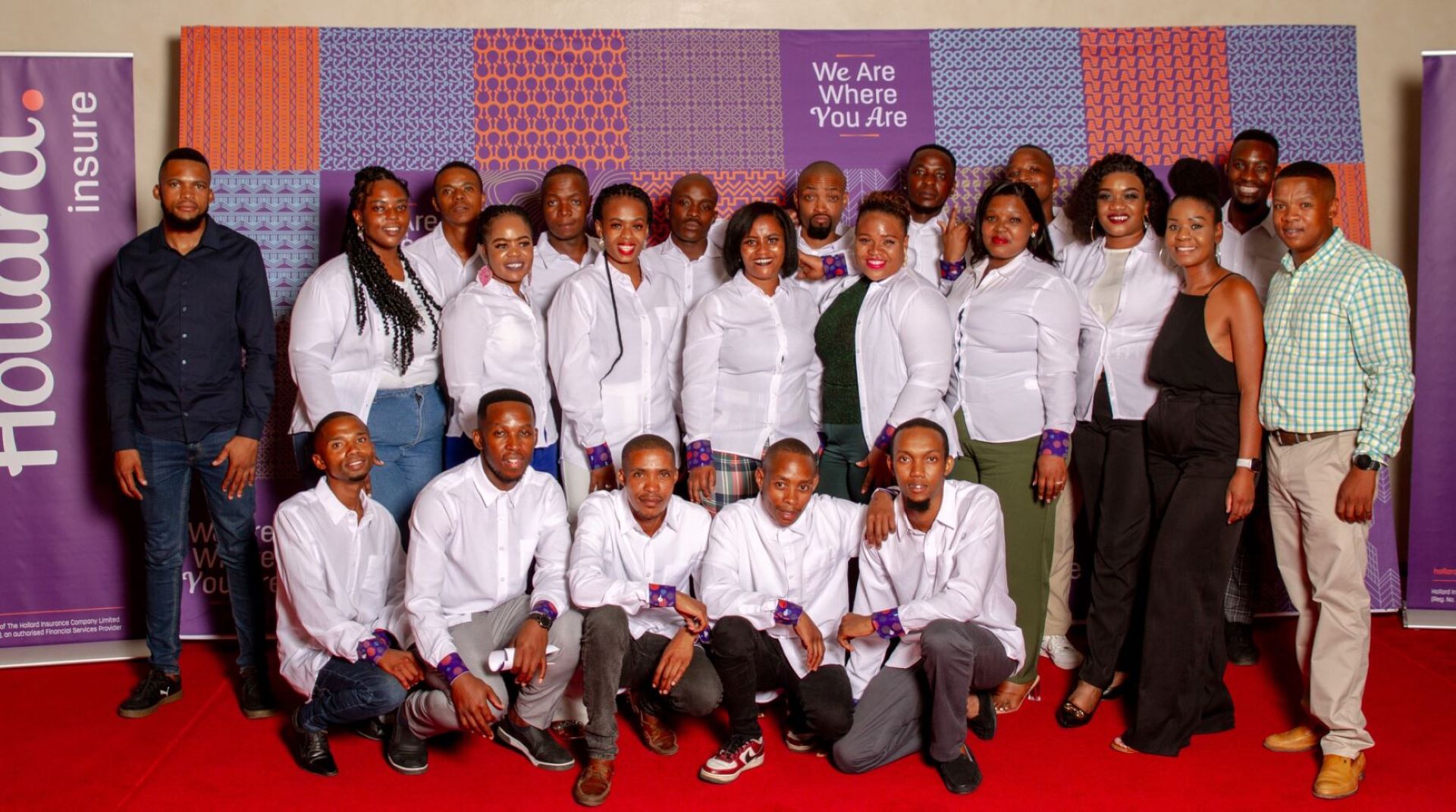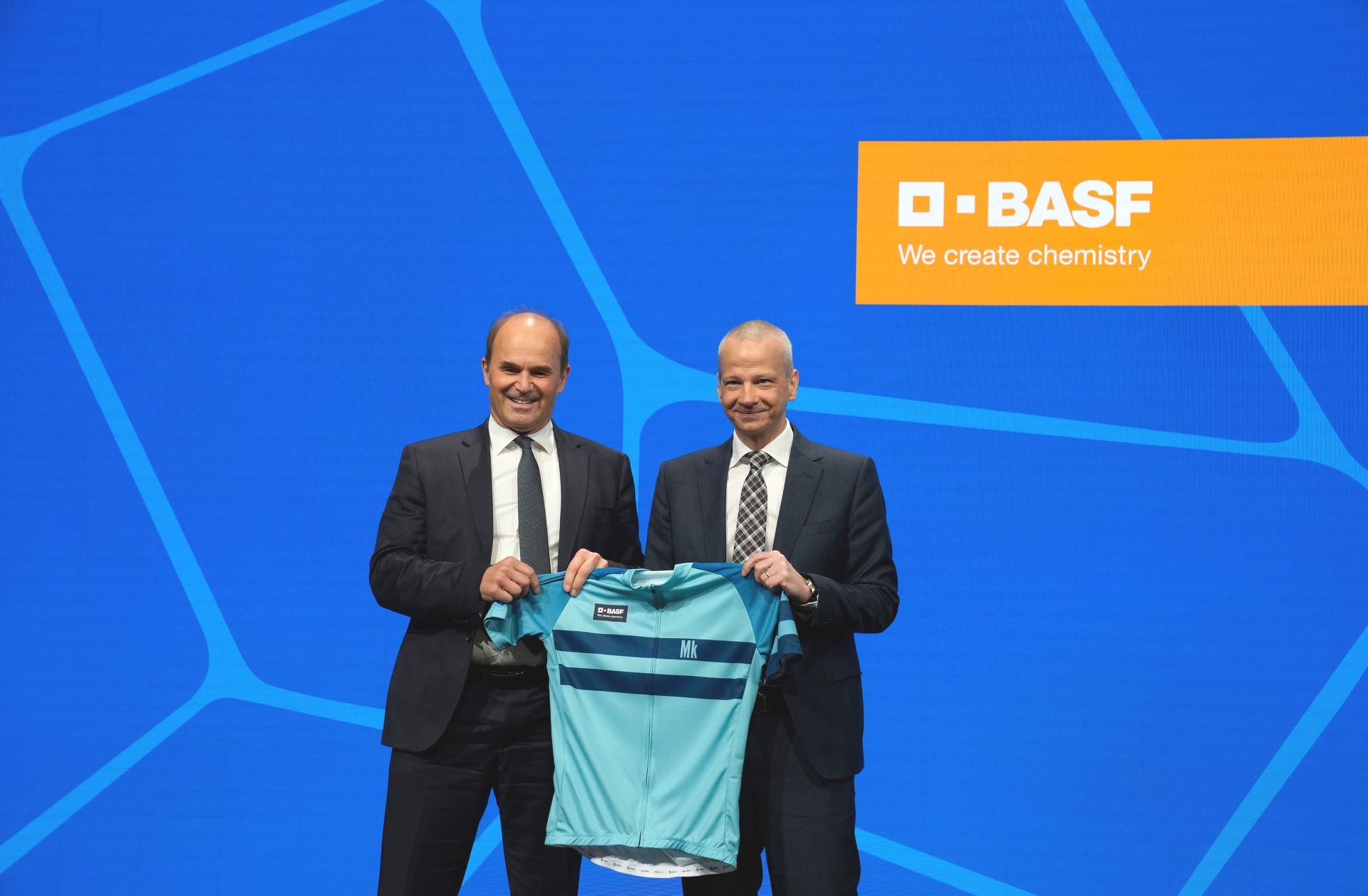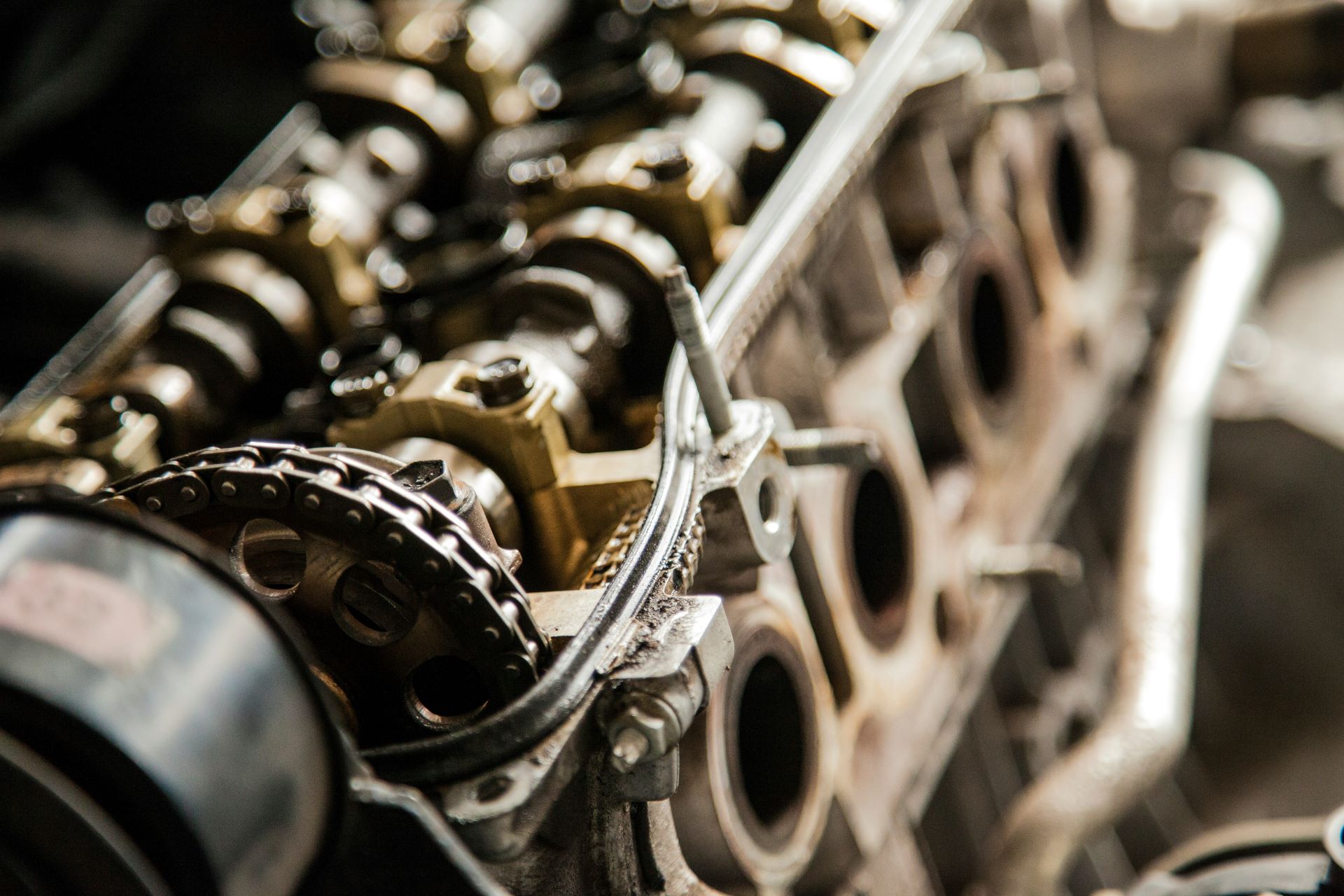On 25 January, Automechanika Johannesburg hosted a CEOs’ Breakfast touted as a ‘mobility and logistics power update’.
The event and its format of speakers delivering short explosives updates on their relevant fields of expertise, proved to be popular with the attendees and served as the perfect lubrication for the networking opportunity that followed.
Victor Radebe, co-founder of the Mobility Centre of Africa and self-described “mobility enthusiast” facilitated the event.
The speakers at the event were Michael Dehn (Managing Director of Messe Frankfurt South Africa), Paul-Roux de Kock (Chief Analytics Officer at Lightstone), Dex Machida (in charge of developing the Advisory business for South Africa-Japan corridor at KPMG) and Craig Parker (Research Director at Frost & Sullivan). Each speaker attempted to bring attendees up to speed as to where the industry is at and what the short-term future possibly holds.
Dehn reminded his audience that Automechanika is the largest exhibition brand across any industry, operating in 13 countries with a pool of 600 000 buyers and over 20 000 companies. He said that in South Africa, looking at the visitor profile, Automechanika is attended by visitors from across the country, continent and from 30 countries. “Although we are not yet where we want to be as the African show that covers the whole continent, we are well on the way,” said Dehn. Dehn also made use of his turn to announce that Automechanika Johannesburg and Future Road Expo will be held at Nasrec Expo Centre from 19 to 21 November .
De Kock started off with a macro-overview of the country. He said that over the past decade there were no real new trends: increased urbanisation continues although smaller metropolitan areas such as Komatiepoort, White River and parts of the Eastern Cape have now been included as sought-after destinations over and above the traditional ones in the Western Cape and Gauteng. On top of this, there has been a trend in the past four years, especially since Covid, for knowledge workers to work remotely and therefore move to smaller towns. This information could help dealer networks and OEMs to determine where their footprint should fall.
He also highlighted some of the insights Lightstone has gained into the retail industry. These include a decrease in mall visits (but an increase in time spent at the mall) owing to consumers being more comfortable with e-commerce after the epidemic and the trend of low- and middle-income consumers stopping at a service station convenience store every three days on average, which also decimates a considerable portion of the ‘mall pie’.
In terms of the recovery of the South African automotive industry after Covid, De Kock said that the country has recovered to new vehicle sales in line with 2019 (pre-Covid) figures, as opposed to, say, the US, which is still reeling from the effects of Covid 19. De Kock said China’s exemplary recovery as well as Australia consistently breaking through 2019 averages, showed that in economies where there were a massive focus on activating in the automotive industry and an attempt to make it easier for consumers to buy a car, were advantageous to those communities.
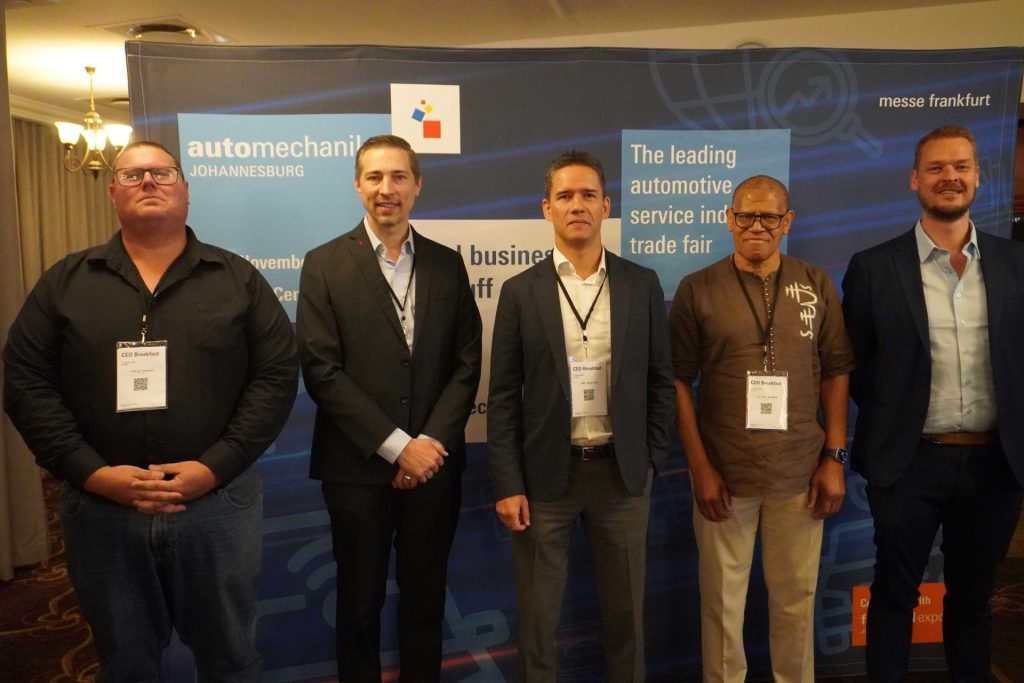
De Kock concluded his segment by dissecting the rise of brands such as Suzuki, Haval and Chery and the implications of the phenomenon of South Africans increasingly purchasing Indian-manufactured vehicles.
Machida then delved into KPMG’s annual Global Automotive Executives Survey in which executives from both the auto and adjacent industries are surveyed to determine the sentiments surrounding the direction the industry is taking. Some of the key findings of the 2024 survey include respondents having less confidence in profitable growth, executives have a more mature view of the EV transition, customer experience is now a key differentiator (as opposed to brand loyalty in the past), new norm in supply-chain management is becoming “just in case”, rather than “just in time” as companies pursue a wide range of strategies to build resilience, automakers indicated that they felt less prepared than the previous year for advanced technologies such as artificial intelligence, digital twins and advanced robotics, and more companies hedging their bets regarding powertrains.
Finally, Parker left the audience with many thought-provoking insights. In terms of new energy vehicles (NEVs), Parker pointed out that with geopolitical instability there was an opportunity for sub-Saharan Africa and specifically for South Africa to play in the value and supply chain. “What we do see is that there is an increased need for beneficiation, specifically regarding minerals when it comes to NEVs,” said Parker. “The one thing we must remember when it comes to NEVs is that the battery technology is the limitation and the limiting factor. Where we see South Africa potentially having the power play here is the beneficiation of the actual minerals to get them to the battery grade. When it comes to the actual assembly of the cells themselves, we can’t play in the space China currently plays when it comes to economies of scale and getting all the minerals together since we don’t have all the needed minerals,” he said. “Another red flag in terms of this is also the actual speed in the development of batteries. As is, they are very insufficient and there are currently a lot of work going into redeveloping batteries. I don’t think it is a smart move to currently go into full battery manufacturing, “ Parker warned. Parker also said that South Africa has an advantage when it comes to hydrogen fuel batteries since it has many of the minerals needed for the manufacturing of this promising and very tantalising technology.
Dehn concluded the event by expressing his hope that more of these power breakfasts could be held throughout the year in the build-up to Automechanika Johannesburg 2024.

